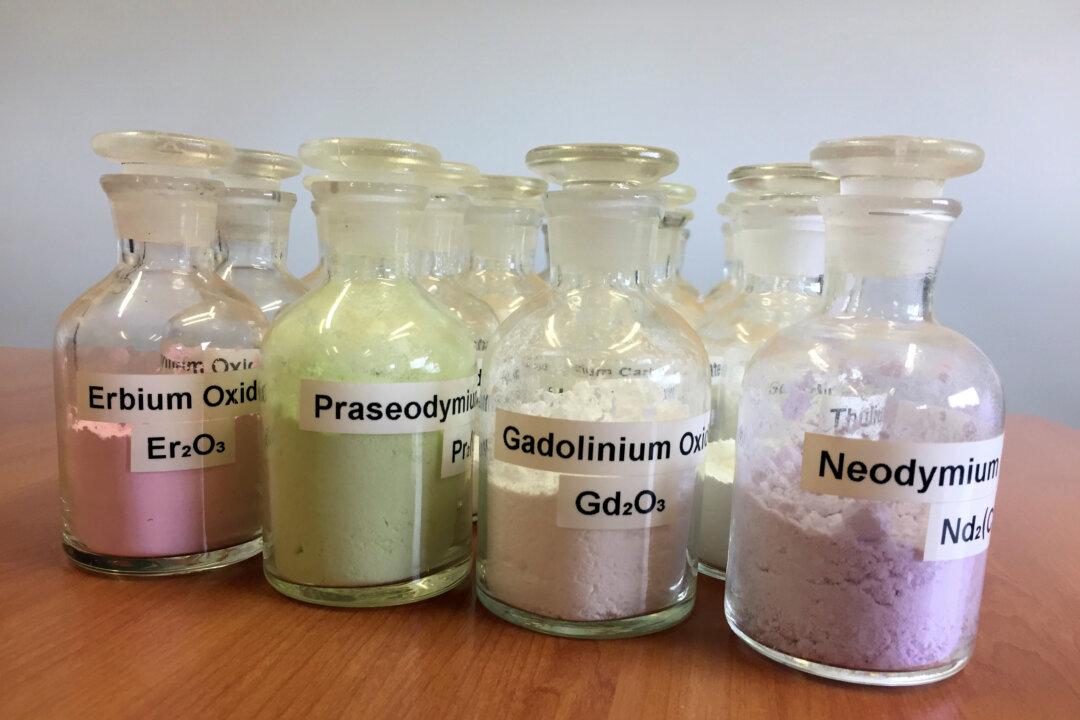The Australian government will invest nearly $22 million (US$14.8 million) in three rare earth projects led by well-known research institutes.
This comes following Beijing’s trade restrictions in late December 2023 that prohibited the export of technology to make rare earth magnets as well as the communist regime’s efforts to curb the shipment of gallium and germanium in October.





